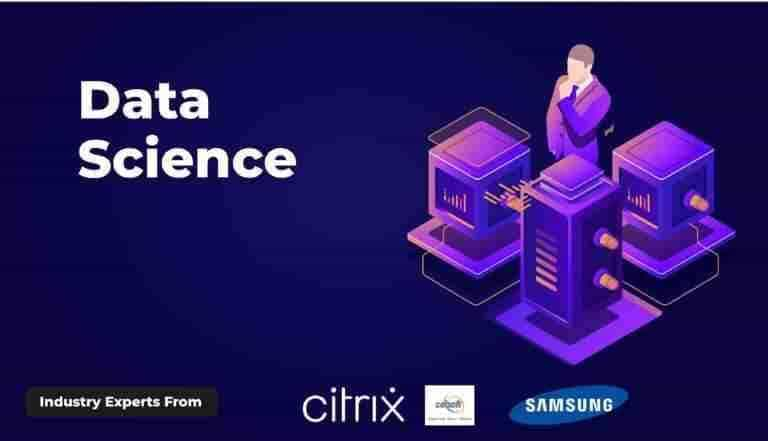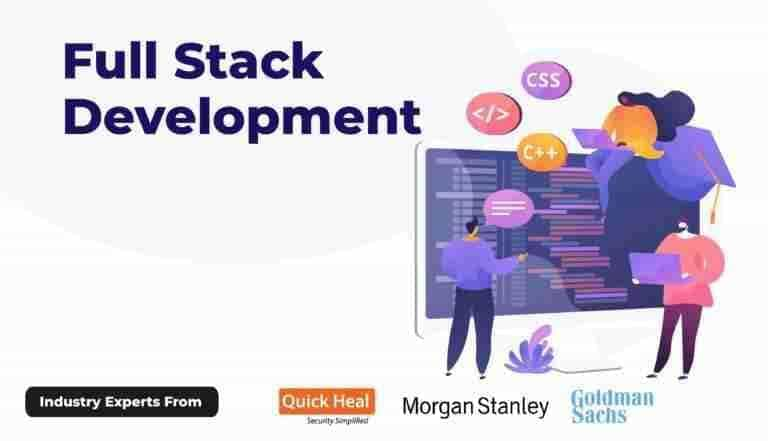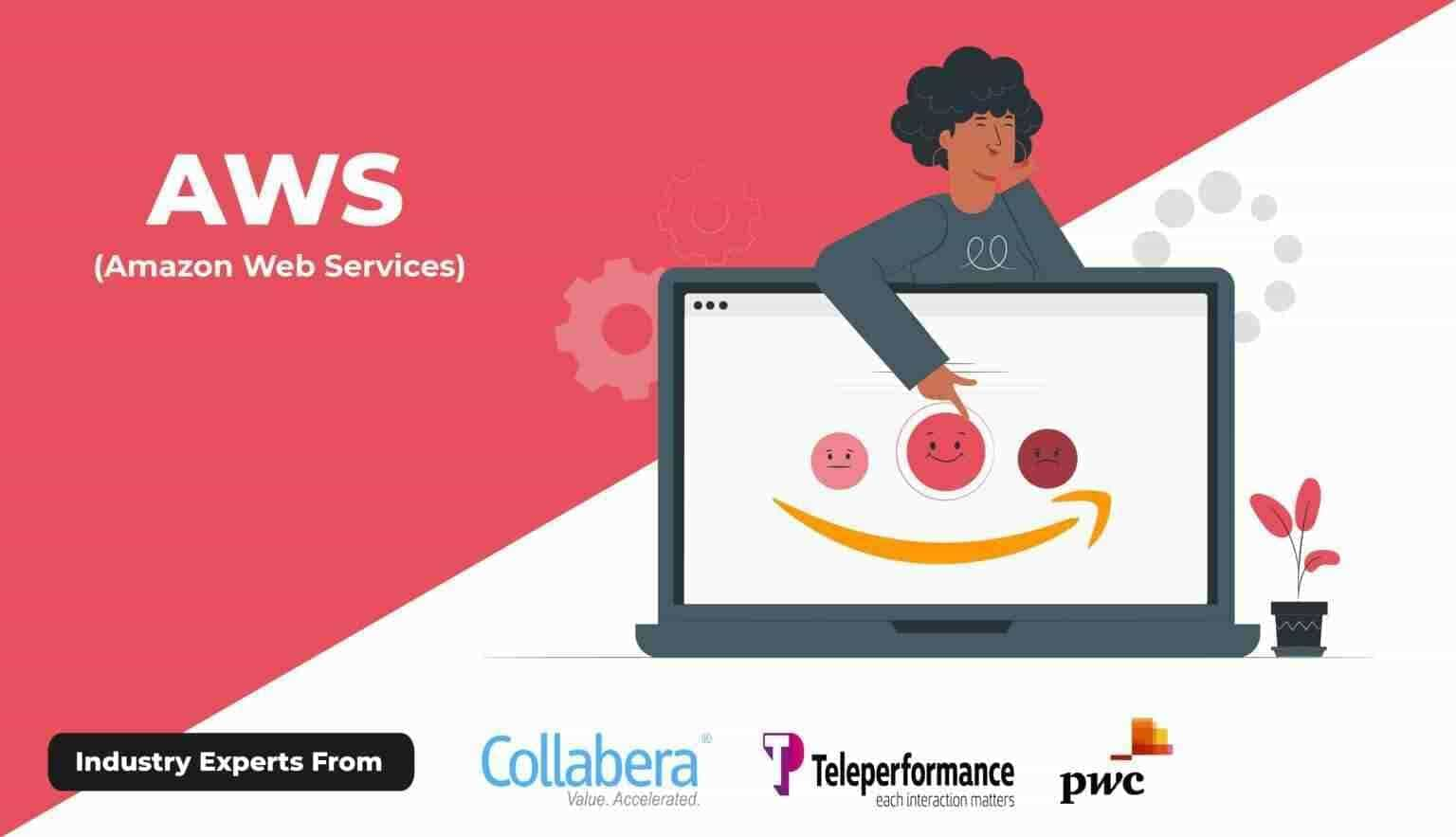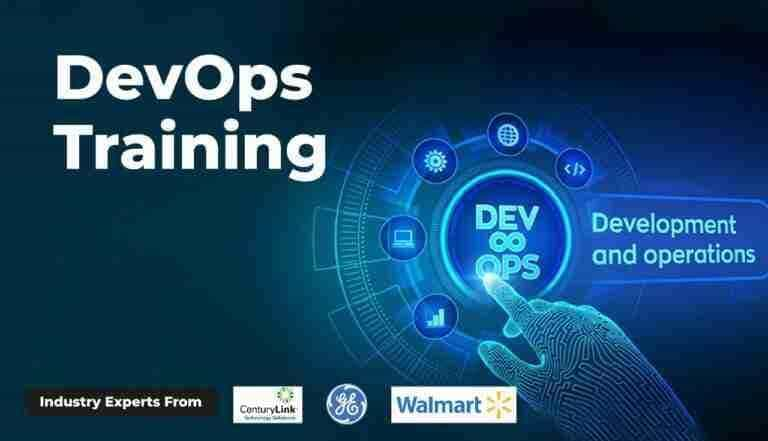Best AI Models for Coding and Developer Assistance: A 2025 Review
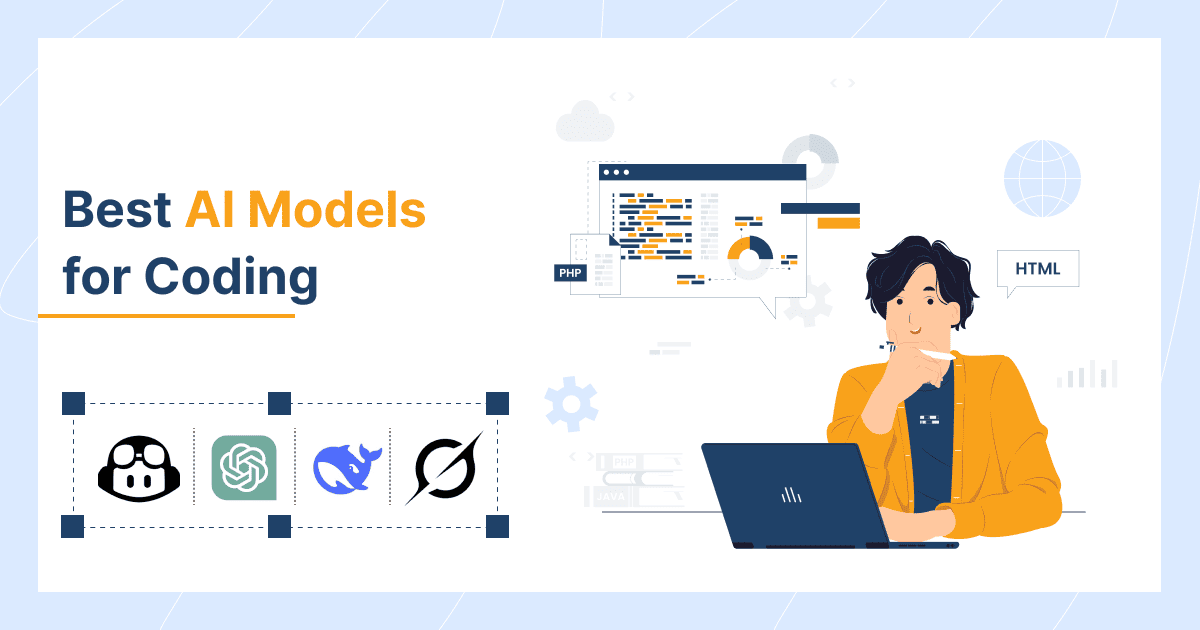
In this article, we’ll take a deep, humanised look at the best AI models for coding and developer assistance in 2025. From industry giants like OpenAI’s Codex to open-source alternatives like Code LLaMA, we’ll explore their strengths, limitations, and real-world use cases. Whether you're an aspiring coder, a computer science student, or a self-taught tech enthusiast, this guide will help you navigate this fast-changing space.
If you're looking to build a career in AI, machine learning, or development, theArtificial Intelligence with Python Course in Noida by Uncodemy is a great starting point. It’s designed to give you practical, job-ready skills with real-time AI applications—including how to work with some of the models discussed below.
Why AI Matters in Coding Today
AI in coding isn’t just about speed—it’s about intelligent support . Think of these models as virtual collaborators who don’t sleep, don’t complain, and don’t miss a semicolon. They can:
- Autocomplete code as you type
- Suggest optimizations and refactorings
- Generate entire blocks of code from plain English instructions
- Help debug and find logic errors
- Support multiple programming languages
But more importantly, they allow developers tofocus on thinking, solving, and designing, instead of getting stuck in repetitive tasks.
Let’s now explore the leading AI models that are making this possible.
1. OpenAI Codex / GPT-4 for Code
Creator:OpenAI
Released: Codex (2021), GPT-4 with advanced coding capabilities (2023 onwards)
Perhaps the most well-known model in this space, OpenAI’s Codex (the model that powers GitHub Copilot) revolutionised the idea of AI as a coding companion. With GPT-4 now available in ChatGPT (especially GPT-4o), the abilities have only improved.
This model can write Python, JavaScript, C++, HTML, and several other languages. But more than just completing code, GPT-4 understands the context of your entire project. For example, if you’re working on a Django backend, GPT-4 can help generate RESTful APIs, debug migration errors, or explain why a serializer isn't working.
Its conversational nature makes it excellent forlearning while coding, making it especially powerful for students. You can ask, “Why is this error coming up?” and it will break it down for you in simple terms. It’s like having a coding tutor built into your IDE.
However, since GPT-4 is accessed through platforms like ChatGPT Plus or GitHub Copilot, it does come with a subscription cost. For commercial-scale applications, the API pricing may be a consideration.
That said, for any beginner or intermediate developer, GPT-4 can be agame-changer in terms of productivity, learning, and project turnaround time.
2. Code LLaMA (by Meta)
Creator: Meta AI
Released: 2023 (Code LLaMA 1), Updated in 2024–2025
When Meta launched Code LLaMA, it made a bold move: providing a powerful,open-source alternative to Codex. Based on their LLaMA architecture, Code LLaMA models were trained specifically for programming tasks and have shown exceptional performance in competitive benchmarks.
Code LLaMA supports a wide range of languages, including Python, JavaScript, C, C++, and Bash. Its larger version—Code LLaMA 70B—is particularly good at generating full scripts from minimal promptsand following multi-step logical instructions. It can be fine-tuned on your own company’s codebase, making it a powerful tool for custom developer workflows.
What makes Code LLaMA appealing is itsopen-source availability, which means you can run it locally without relying on third-party APIs or cloud platforms. This is especially valuable for privacy-focused enterprises or academic institutions.
However, for individual students or small teams, setting up and fine-tuning Code LLaMA might require a bit more technical know-how. If you’re just starting out, GPT-4 might feel more accessible, but as you grow, Code LLaMA offers unmatched flexibility.
3. Google’s Gemini for Developers (formerly Bard Advanced)
Creator: Google DeepMind
Released: Gemini 1 (2023), Gemini 1.5 (2024), Gemini Developer Tools (2025)
Gemini, Google’s flagship AI model, entered the developer assistant space withGemini Pro and Gemini 1.5, now tailored to developers through tools integrated with Google Colab, Android Studio, and Firebase.
Gemini shines inintegrated development environments (IDEs). It provides real-time suggestions while coding in Google’s ecosystem. It also understandsGoogle-specific libraries really well—TensorFlow, Firebase, and Android SDKs, for example.
The model supportsmulti-modal input, which means you can upload files, diagrams, or even code snippets with comments, and get detailed feedback or enhancements. Google’s integration makes Gemini particularly powerful in mobile app development and machine learning pipelines.
If you’re working on AI-related projects or planning to build apps on Android, Gemini is worth exploring. However, its full power is often tied to Google’s platforms, which may limit its flexibility compared to more general-purpose models.
4. Amazon CodeWhisperer
Creator: Amazon Web Services (AWS)
Released: 2022, with updates through 2025
Amazon CodeWhisperer is AWS’s answer to GitHub Copilot. It’s designed for developers working within the AWS ecosystem, and it provides real-time code suggestions as you write.
While its core functionality is similar to Codex, CodeWhisperer is trained to understand and integrate with AWS serviceslike Lambda, EC2, S3, and more. It can generate secure IAM policies, help manage AWS SDKs in different programming languages, and suggest best practices for cloud architecture.
For cloud developers, CodeWhisperer is not just a coding assistant—it’s acloud-savvy companion . If you're building serverless functions or managing backend APIs, its contextual understanding of AWS can save hours of configuration headaches.
It also features built-in security scanning, flagging potential vulnerabilities as you code. For enterprise teams dealing with sensitive deployments, this adds an extra layer of trust.
5. Tabnine
Creator: Codota
Released: 2019, with continual updates
Tabnine is one of the earliest players in the AI coding assistant space and has carved a niche for itself by focusing onprivacy-first AI for teams. It runs locally or on-premise, meaning none of your code is ever sent to a third-party cloud—perfect for teams working on proprietary or secure projects.
Tabnine offers strong autocomplete features across multiple languages, and while it may not be as conversational as GPT-4 or Gemini, it’s incredibly fastand integrates smoothly into most IDEs.
Its best feature? Tabninelearns from your team’s own codebase, improving accuracy and context over time. If your organization wants an AI assistant that blends into your unique code workflow, Tabnine is an excellent choice.
6. Replit CodeGen / Replit AI
Creator: Replit
Released: Evolving through 2023–2025
Replit’s built-in AI assistant, powered by models trained on code (including their own CodeGen models), is designed forlive, browser-based coding. It supports over 50 programming languages and is used by students, solo developers, and educators around the world.
What sets Replit apart is its instant accessibility no setup, no installation. You just open your browser, start typing code, and the assistant jumps in with suggestions, explanations, and error fixes.
For students learning to code, Replit AI is incredibly helpful. It not only autocompletes but also explains why something works or doesn’t like a virtual mentor.
If you’re currently studying or working on personal projects, Replit AI is a gentle but powerful introduction to AI-assisted coding.
The Role of AI in Developer Education
These AI tools aren’t just for professionals. They aretransforming how students learn to code. Instead of relying solely on textbooks or YouTube tutorials, learners can now get instant feedback, understand code in real-time, and even learn best practices as they build.
In fact, educational institutions are beginning to integrate these tools into their teaching process. And this is where platforms likeUncodemycome in.
TheArtificial Intelligence with Python Course in Noidaby Uncodemy helps students not only learn programming but also understand how to build and interact with AI models. It focuses on Python because it's the lingua franca of AI development today, and equips students to leverage models like GPT, LLaMA, and CodeGen effectively.
By blending core programming with AI tools, Uncodemy's course helps students becomedeveloper-ready for the real world—where AI is not just a side tool, but an essential skill.
Final Thoughts: The Future of AI in Development
AI is no longer just assisting developers. It is actively shaping the way code is written, reviewed, and deployed. From autocompletion and bug fixing to system design and deployment strategy, AI is becoming a core collaborator in software development.
As models continue to improve, we may even see AI agents that handle entire development pipelines, from idea to implementation. But at the heart of it all, thehuman developer still matters. These tools are not replacing us—they’reaugmenting our creativity, boosting our productivity, and helping us focus on what we do best: problem-solving.
If you’re someone who wants to build a career in AI-powered development, now is the time to start learning how these tools work. And the best way to do that is through guided, practical education.
TheArtificial Intelligence with Python Course in Noidaby Uncodemy is one of the top-rated programs designed for learners who want to go beyond theory and actually build AI-powered solutions. It’s not just about learning syntax—it’s about building the future.
















